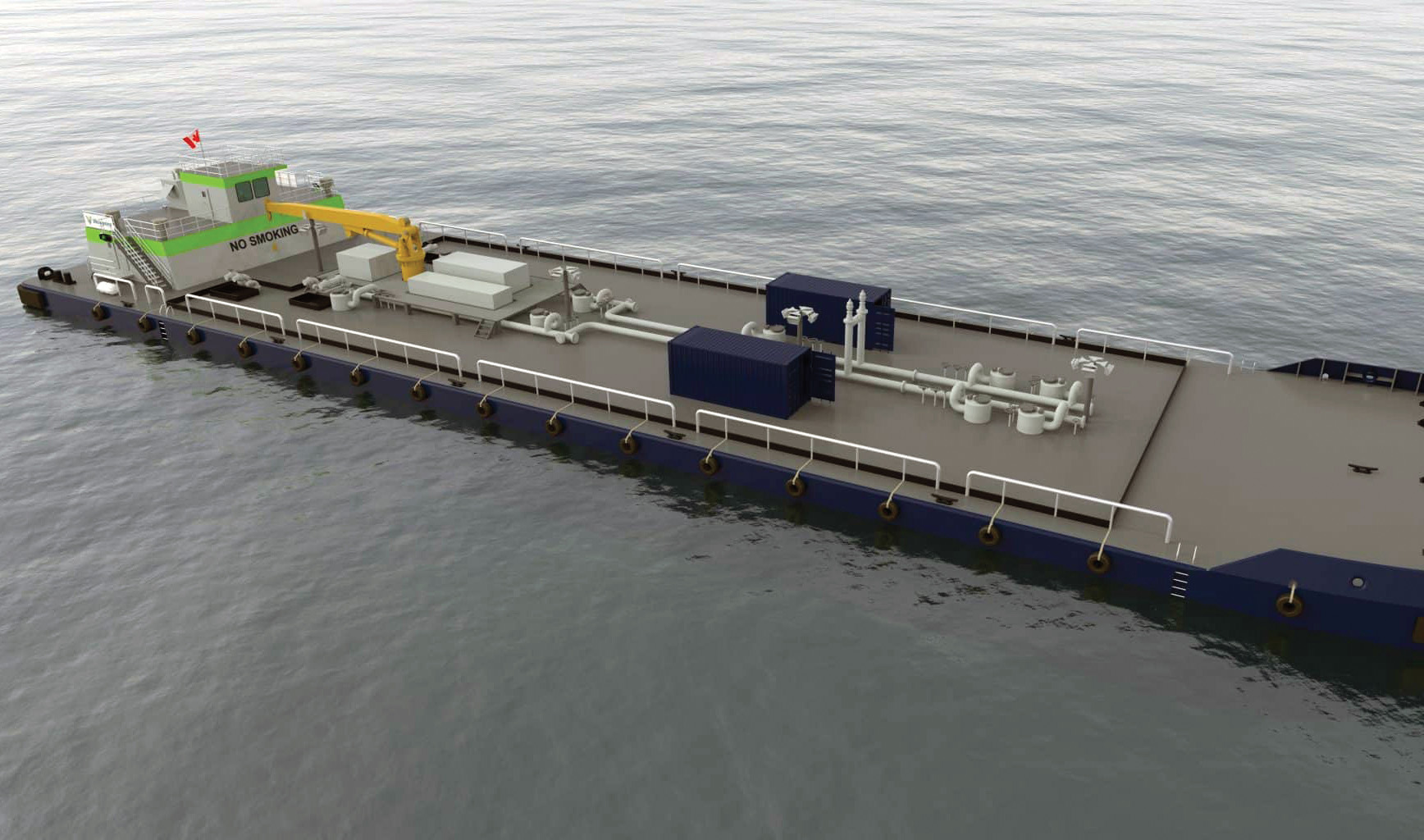Wolverine Terminals, an Alberta, Canada-based company focused on the development of energy-related marine terminals at ports in Canada and the U.S., has begun the development of Prince Rupert Marine Fuels, a marine fuel delivery service for the Port of Prince Rupert in British Columbia. Mobilization and the initiation of construction activities in Prince Rupert began in early December, with Vancouver Pile Driving as the major contractor responsible for construction of the mooring. Prince Rupert is one of the few major global ports to not offer marine fueling service for cargo ships. In the absence of such services at the port,…
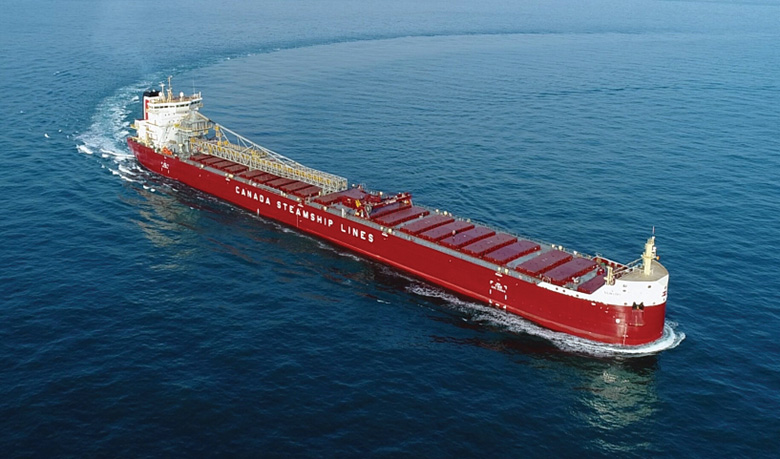
M/V Nukumi, Canada Steamship Lines’ new purpose-designed self-unloading ship, which was built to service salt mining, processing, and distribution company Windsor Salt, departed on her maiden voyage on Jan. 31. The cutting-edge vessel with a deadweight of 26,000 metric tons is expected to be the first diesel-electric Laker and the first single point loader to operate in Canada. Sailing from Jiangyin, China to Halifax, Canada, M/V Nukumi’s voyage is expected to take six weeks. “Featuring a unique hull design, quieter machinery, single point of loading system and a shuttle boom, the new ship will bring a long-term, safe, sustainable, efficient…
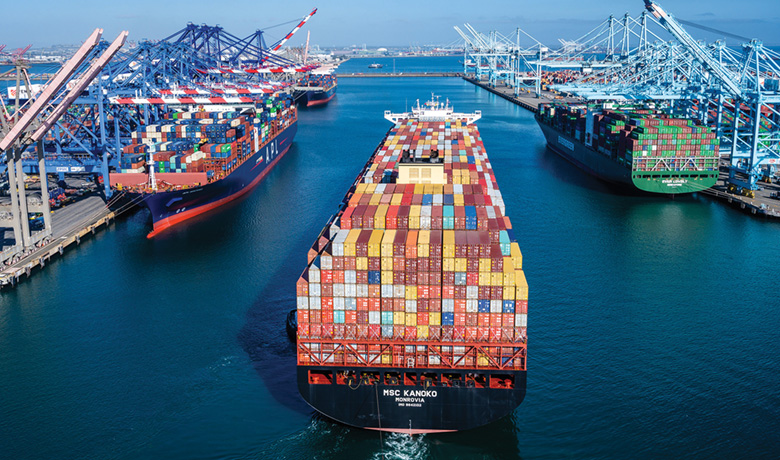
Southern California ports experienced an eventful 2021. For Los Angeles and Long Beach, headlines were dominated by record cargo volumes and COVID-driven congestion that saw ships stuck at anchor and containers stacked high at marine terminals. For the Port of San Diego, it was seeing an overflow of cargo that doesn’t normally come across local docks. And while the pandemic continues to be a challenge, it has also prompted the three ports to evolve and adapt, whether by advancing cargo visibility technology, expediting efforts toward a 24/7 operations system or making infrastructure upgrades for future demand. The ports also hope…
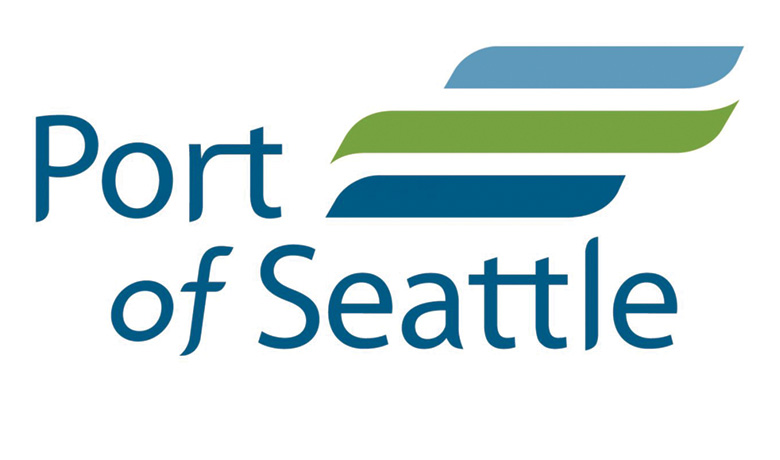
David Freiboth has retired from his position as senior director of labor relations for the Port of Seattle, and Senior Labor Relations Manager Mikel O’Brien has assumed the role of interim director, the port announced in late January. Freiboth, whose retirement went into effect at the end of January, had been a major part of the Puget Sound labor community and served more than three decades as an advocate for workers —from executive secretary of the King County Labor Council to president of the Inlandboatman’s Union of the Pacific —before coming to the port. In his role at the Port…
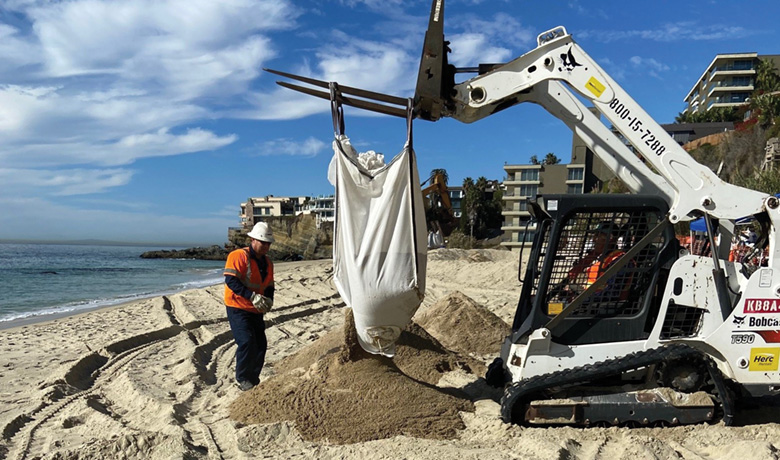
Spill response and recovery are an integral and necessary part of the maritime industry. In spill response we see ghosts of vessels past, consequences of the present and glimpses into the future of industry actions. Understanding how industry experts are managing these situations, as well as how researchers are working to create solutions can better inform planning for future incidents. These three case studies demonstrate adaptation to unconventional spill response and recovery efforts. Thousand Steps Beach, Orange County, California Recent headlines on spill response have focused on the multiple beach closures in Southern California caused by an anchor-dragging incident months…
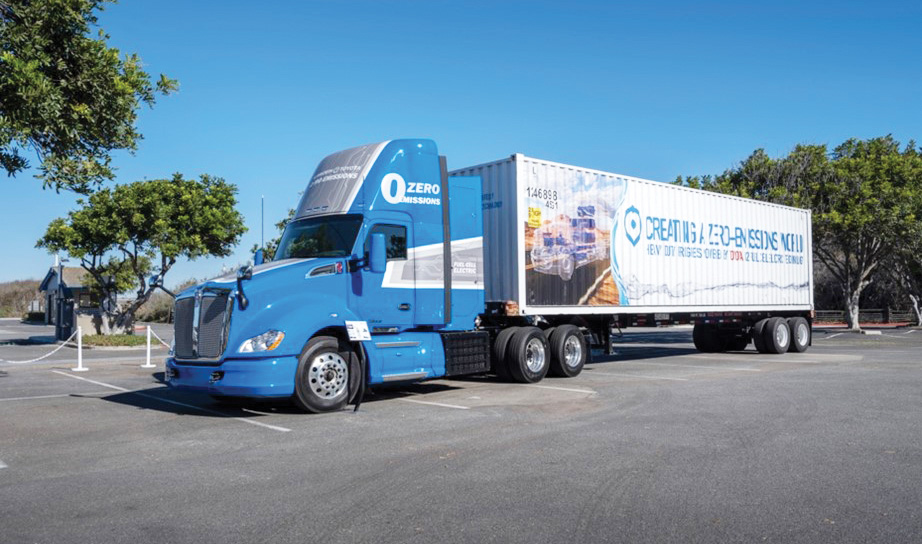
Per their 2017 Clean Air Action Plan (CAAP) pact, the Los Angeles and Long Beach seaports continue their push to establish a zero-emissions platform by 2035. The plan aims to eliminate all carbon-emitting drayage trucks and transition the current fleet servicing the ports to zero-emissions operations by the deadline. While advancements in technology, namely electric and hydrogen fuel-cell technology, are keeping pace in making a zero-emissions future possible, the high cost of transitioning to zero-emission trucks and a lack of charging and fueling infrastructure present genuine concern for the ports and drayage service providers alike. Many truck manufacturers are already…
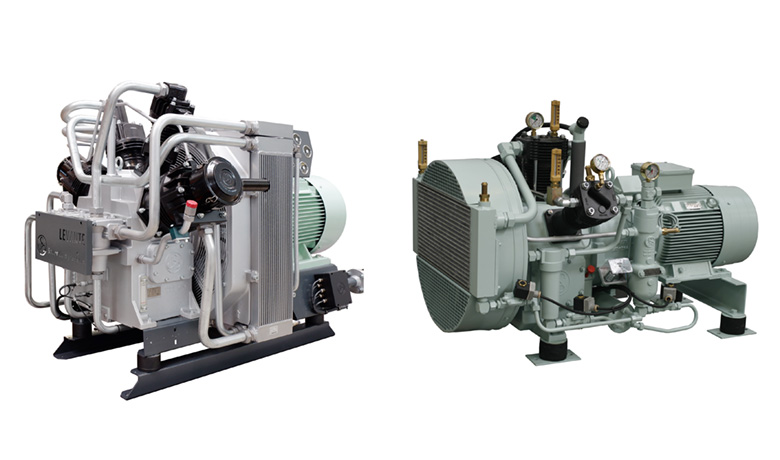
Container ships, tankers, cruisers – the majority of seagoing vessels with an engine power of at least 20,000 kW are equipped with a three-stage air-cooled starting-air compressor these days. The powerful technology reduces heat and allows for enormous cost savings. Sauer Compressors discovered the potential of three-stage air-cooled compressors for the shipping industry early on and has been a pioneer in developing these compressors for almost 50 years. In 1975, when the Railship I first entered service on the Travemünde, Germany to Hanko, Finland route, it had been the world’s largest railway ferry. While its length of about 180 meters…
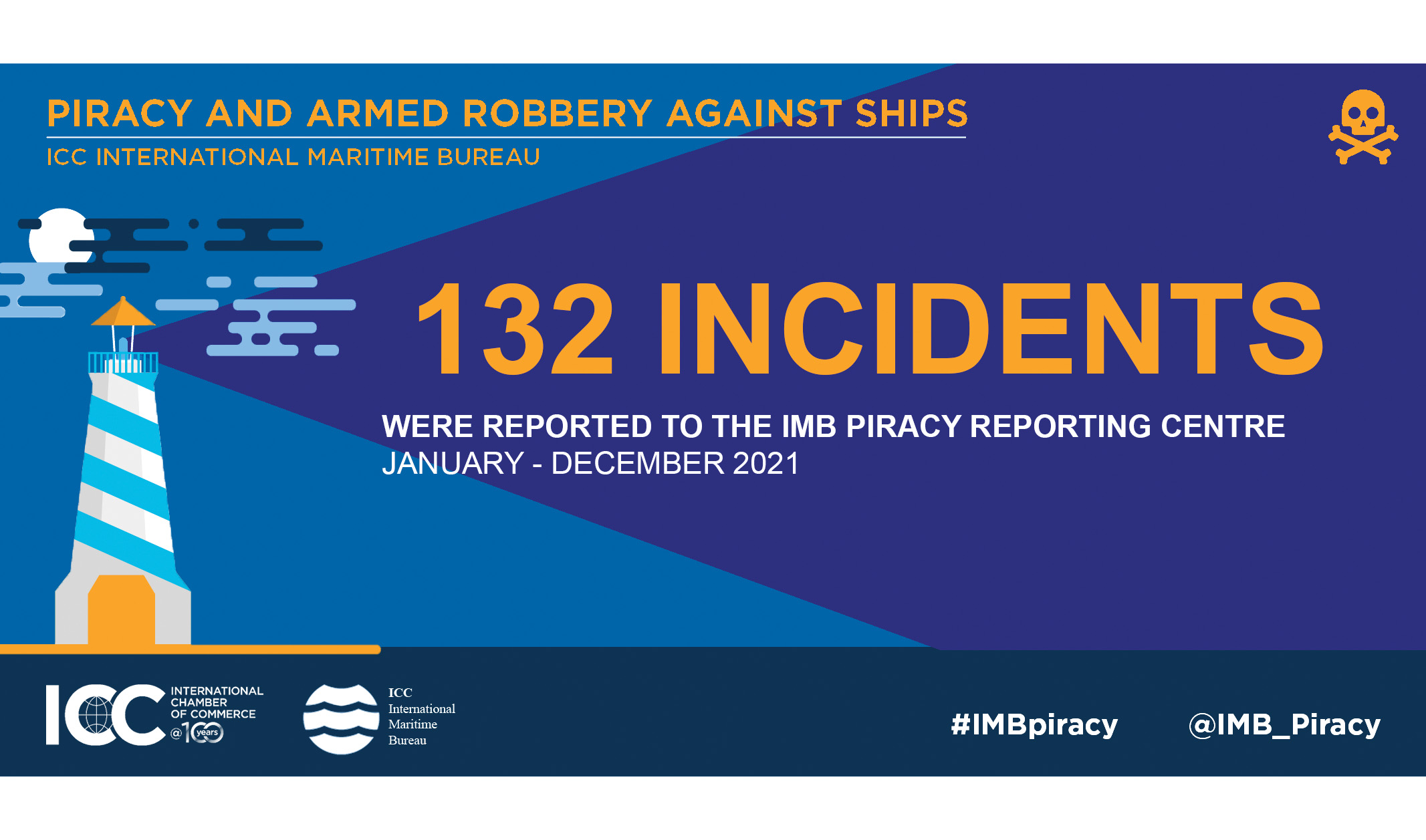
Maritime piracy and armed robbery attacks in 2021 reached their lowest recorded level since 1994, according to the annual piracy report of the International Chamber of Commerce, published Jan. 13. The chamber’s International Maritime Bureau (IMB) attributes the drop in incidents to vigorous action taken by authorities, but it is also calling for continued coordination and vigilance to ensure the long-term protection of seafarers. “While the overall reduction in globally reported incidents is welcomed, the IMB Piracy Reporting Centre urges coastal states to acknowledge the inherent risk from piracy and armed robbery and robustly address this crime within the waters…
An analysis of 2020 insurance claims data by London-based insurance and related risk management services provider TT Club points to an increase in impact related incidents, with corrosion of tank containers’ inner surface and contamination caused by cargoes previously carried as significant other causes of loss. The analysis makes clear that the effects of increased volumes of tank containers used to trade chemicals and other liquids on the primary east-west trades have altered, to a degree, the risk profile of damage to such units. While in previous years there has been a consistent dominance of contamination as the major source…

In late January 2022, a substantial ransomware attack negatively impacted at least 17 ports and oil terminals in Western Europe. The ransomware/malware attack also affected oil storage and transport. The companies reportedly impacted, according to a report on the GovInfoSecurity website included Oiltanking and Mabanaft in Germany, SEA-Invest in Belgium, and Evos in The Netherlands. Also affected were six oil storage terminals in the Amsterdam-Rotterdam-Antwerp area. The impacts of the cyberattack resulted in re-routing tankers, significantly disrupting supply chains and causing difficulty loading and unloading refined product. The Baker Botts LLP international law firm indicated that as of early February,…

